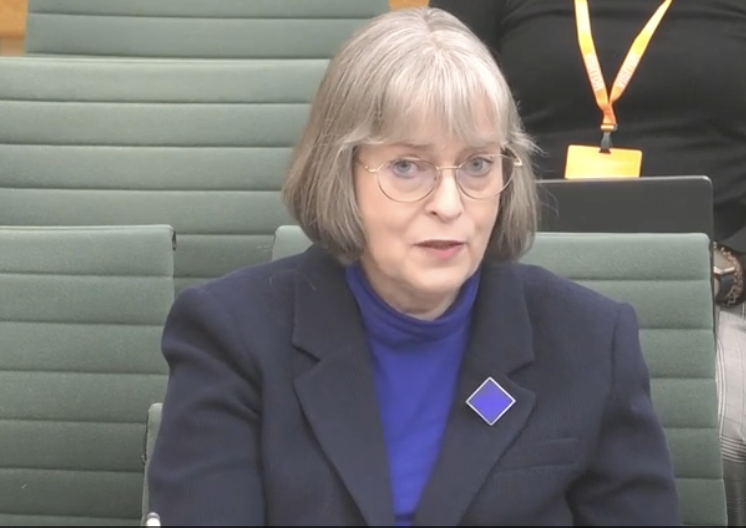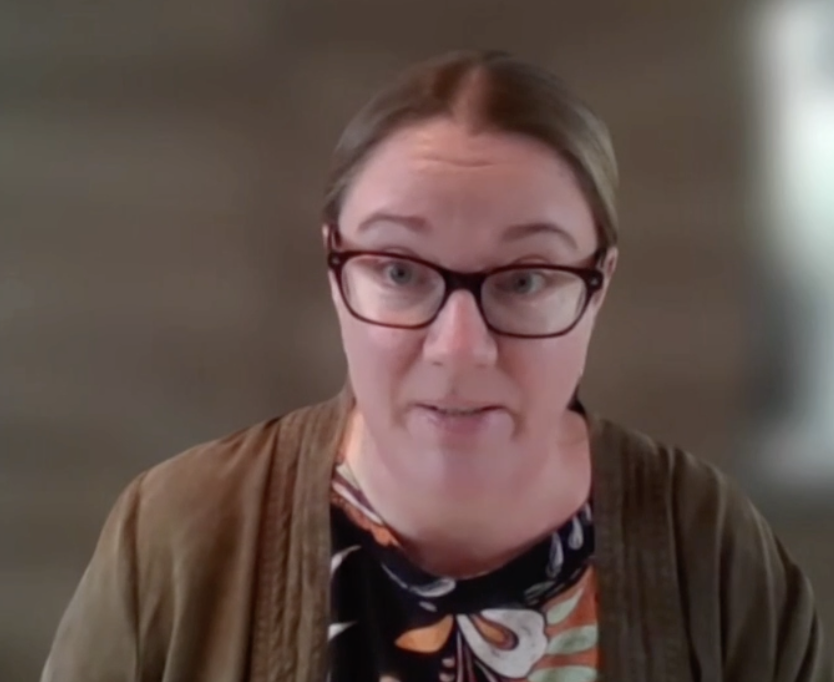The government’s school readiness target is “risky” and could leave poorer pupils further behind, experts have told the education committee.
The committee has begun its inquiry into how the government can improve the support given to children and families during the early years.
Committee members asked representatives from the Coram Group, Education Endowment Fund, Education Policy Institute and the University of East London about the target for 75 per cent of reception pupils to reach a ‘good’ level of development by 2028.
Early development is measured across areas like language, personal development, maths and literacy.
In 2022-23, 52 per cent of pupils eligible for free school meals (FSM) and 72 per cent of non-eligible pupils achieved a good level of development.
‘Risky’ target
But Professor Eva Lloyd from the University of East London said the 75 per cent ambition was a “risky target, because it is the only target”.

She said children from disadvantaged backgrounds, with English as an additional language or with special educational needs made up the majority of those who do not reach the benchmark.
Because of this, there might “be a tendency or pressure to concentrate…on the ones who are closest to the line” rather than those pupils “who have a very long way to go”.
Dr Tammy Campbell, early years lead at the Education Policy Institute, agreed the target had a “real danger” that the “marginal children will be pushed”.
“What we don’t want is children with special educational needs and disabilities, children from low income families or who have other needs being neglected because they see as being unlikely to make this very specific threshold target, and we don’t want to incentivise these children being ignored in early education.”
Free childcare rules ‘really problematic’
But Dr Campbell said the government’s Giving Every Child the Best Start in Life Strategy, announced in July, did “not yet” address disparities.
The government is expanding best start family hubs, giving £4,500 incentives for early years teachers to work in disadvantaged areas and initiating stronger links between nurseries and schools.
But Dr Campbell said disadvantaged pupils were entitled to the least amount of early years support, which was “really problematic” and “completely contrary” to the goals of the best start in life strategy.

Working parents can currently access up to 30 hours of free childcare a week. Other families get just 15 hours.
Dr Campbell said this policy “definitely doesn’t address the lack of parity in terms of access to earlier education and care across different income and social groups”.
Sarah Tillotson from the Education Endowment Foundation said she welcomed the Best Start in Life strategy as there is “some good potential in there in terms of improving quality of practice”.
But Tillotson said more research was needed to monitor interventions aimed at improving quality.
Development measures a ‘blunt tool’ for SEND
Lydia Hodges, head of family and childcare at the Coram Group, said development measures were a “blunt tool” for SEND pupils.
“It’s a real sort of in or out, and it doesn’t leave any nuance for progress…that can be really dispiriting for people who are working with those children in those settings.”







Your thoughts